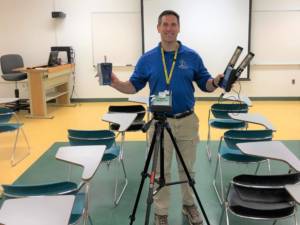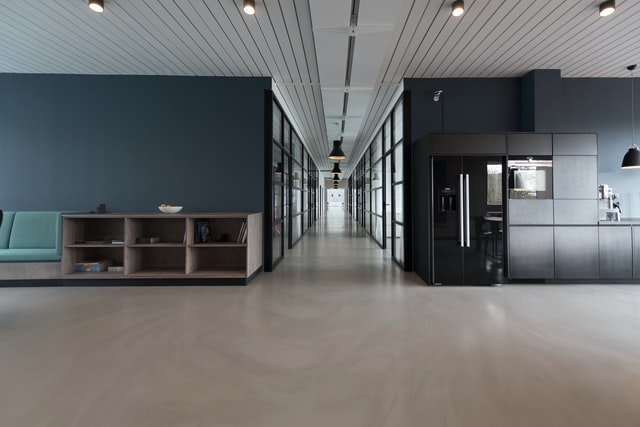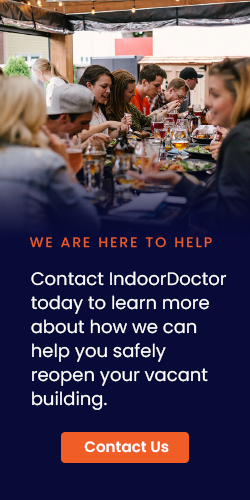Environmental Risks of Vacant Buildings
Thousands of businesses have shut their doors due to the COVID-19 pandemic to prevent the spread of the virus. While this has helped to flatten the curve, these vacant buildings now pose an additional threat to people’s health as they begin to re-open: poor air and water quality. We recommend scheduling an independent air quality evaluation ASAP.
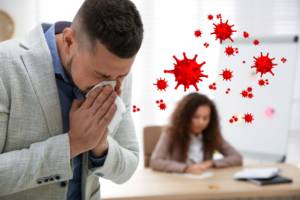
Filter COVID-19 Airborne VirusDue to a lack of ventilation and air flow, previously locked-down facilities have likely developed favorable conditions for toxic mold, allergens, odors, and other contaminants. Deferred maintenance issues, hidden water leaks, stagnant plumbing lines and faulty HVAC system will have contributed to an overall degradation of air quality. The rise in harmful airborne particulates threatens to aggravate one’s pulmonary and respiratory health. This is particularly concerning amidst the COVID-19 virus, which primary affects one’s lungs.
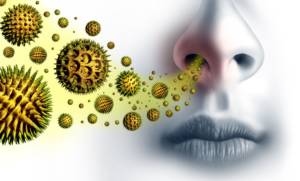
Standing water in pipes can also cause harmful bacteria to accumulate in water systems during unused times. Facilities such as schools, gyms, hotels, restaurants, and many other commercial venues are at risk for spreading water-dwelling bacteria such as Legionella. According to the American Lung Association, when such bacteria are ingested incorrectly—or into the lungs—a potentially life-threatening type of pneumonia called Legionnaire’s disease can result. The decreased pulmonary function associated with this respiratory illness can put people at increased risk for COVID-19.
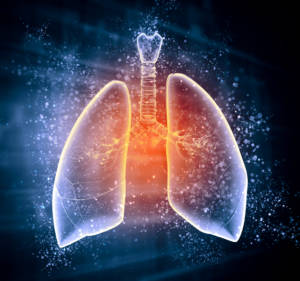
The timing of businesses’ reintegration further compounds these issues: it’s allergy season. The increase in seasonal allergies and asthma are sure to cause sneezing and coughing. This creates further risk for transmitting viruses such as COVID-19 illnesses. The risk of poor air and water quality combined with the onset of allergy season poses major risks to employees, clients/patients, and anyone who visits previously vacant buildings.
How IndoorDoctor Can Help Reduce Environmental Risks of Vacant Buildings
- Test Air Quality: It is a prudent step for business owners and company leaders to check the air quality in their buildings before opening to the public. Such tests should be done by a licensed and experienced company such as IndoorDoctor. We know how and where to look for mold, allergens, and other ultrafine particles that cause sneezing, wheezing, and coughing.
- Service HVAC Systems and Schedule Quality Assurance Testing: Given the environmental dangers of re-opening in the wake of COVID-19, it’s no longer safe to postpone the maintenance of HVAC systems within vacant buildings. High humidity within air ducts leaves these systems ripe for bacteria growth. You can schedule quality assurance testing to verify the effectiveness of this cleaning through IndoorDoctor.
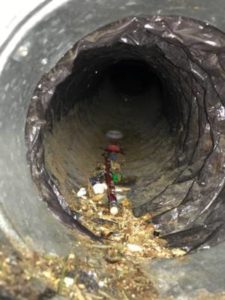
- Test Water Systems: IndoorDoctor can help ensure clean, bacteria-free water after a prolonged shutdown through their independent water testing.
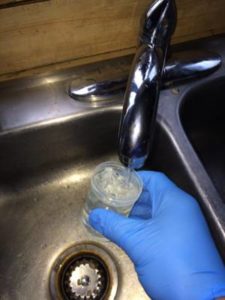
- COVID-19 Sampling: It is now well-documented that the coronavirus lives on surfaces from hours to days. IndoorDoctor is one of the few companies in the nation that offers surface sampling for COVID-19. Furthermore, IndoorDoctor instantly checks cleanliness by using our ATP meters that measure actively growing microorganisms.
Contact IndoorDoctor today to learn more about how we can help you safely reopen your vacant building.
